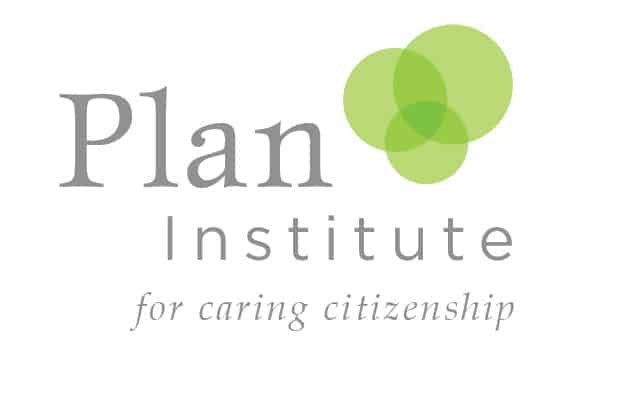Tips to help you get to know the knowledge of your potential lawyer
When choosing a lawyer, it is crucial to find someone who understands disability issues as they relate to your estate planning needs. Keep in mind that not all lawyers understand wills and trusts, and not all wills and trust lawyers will understand disability issues Feel free to use the list below to help you determine if a lawyer is the right one for your needs.
- Find out how much of their practice is devoted to estate planning. Many different law firms specialize in different areas of law. It is important to find a lawyer who has a wealth of knowledge regarding estate planning.
- Ask the lawyer you are meeting with what percentage of their practice involves planning for people with disabilities and their families. This will give you an idea if they have some knowledge on the topic or if they will have to spend time doing research.
- Find out how many disability trusts they have done in the past year, five years, or ten years.
- Ask them what some important key issues and considerations are that may arise while planning for a person with a disability; this will help illuminate their experience.
- Ask them about specific laws that are in place when it comes to disability estate planning.
- Does the lawyer charge hourly or is the service flat rate based?
- Has the lawyer ever had a trust rejected by the Ministry, and if so, why?
- Are they familiar with the duties of trustees and how to determine which trustee is best for a family?
- Are they familiar with the asset/income exemptions permitted within British Columbia’s provincial disability benefits program?
- Can the lawyer assist with recommendations and the facilitation of discussions with prospective trustees knowledgeable in the area of disability trusts?
- Are they able to explain the difference between a discretionary and non-discretionary trust?
- Can they articulate the relevance of the terms “ultimate beneficiary” and/or “the evenhanded principle” with respect to disability trust development?
Click the link to download the PDF
Not professional advice; disclaimers: This document and its contents are for informational purposes only and are not legal, tax, investment, financial, medical or other professional advice, and should not be construed as a recommendation for any particular course of action. Plan Institute is providing the information “as is” and is not responsible or liable for any inaccuracies, errors or omissions in the information, or for the information being incomplete or out of date. You use the information and make decisions and take actions in reliance on the information solely at your own risk, and Plan Institute will not be liable for your use or reliance on any information it provides. You should consult with qualified professional advisors before making any legal, financial, medical or health care decisions.

